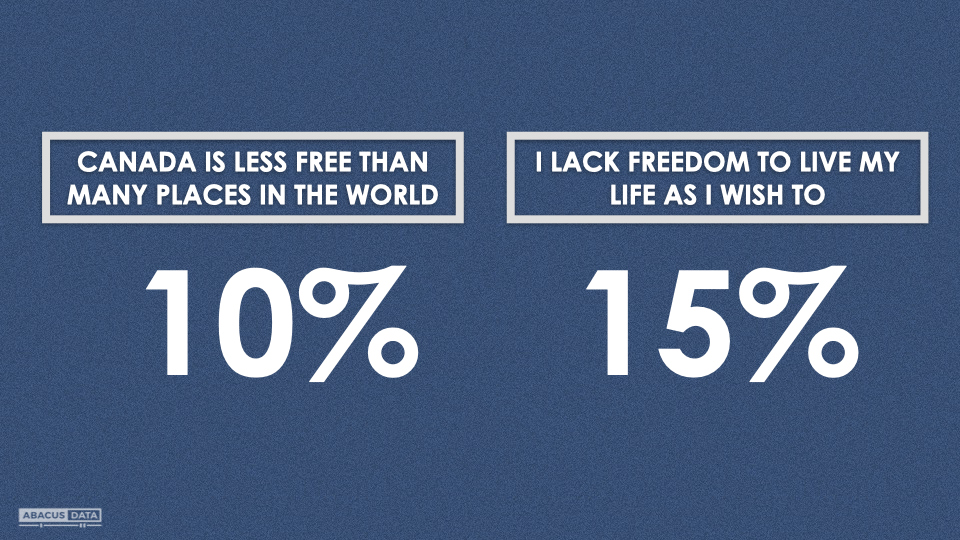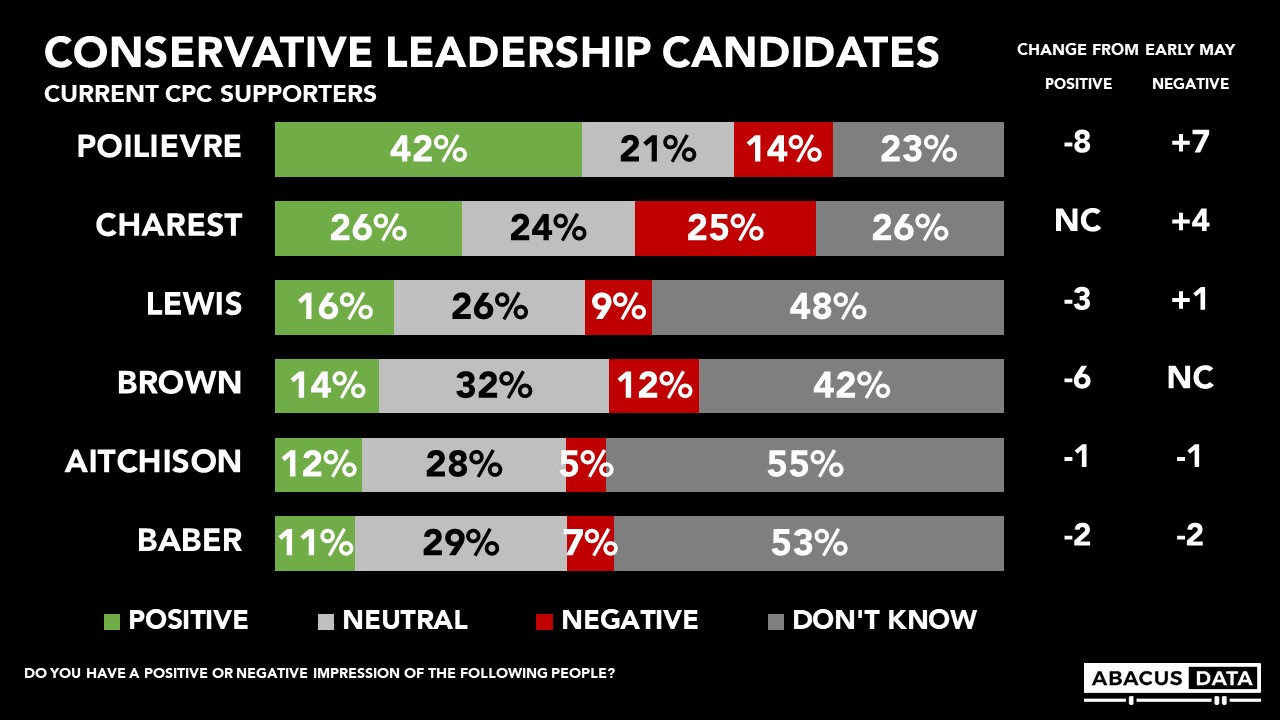New Poll: Canadians say plastics in oceans a problem and more action needed.
June 5, 2018
In our latest national survey, we asked Canadians about a plastic garbage and oceans and waterways. Our findings are these:
One in three (36%) say it is one of the most important environmental issues today, and another 52% say it is one of many that concern them.
More than 3 million people (14% of Canadian adults) say there is no question that they personally contribute to the problem of plastic garbage in the oceans and another 6 million (25%) feel they probably do.
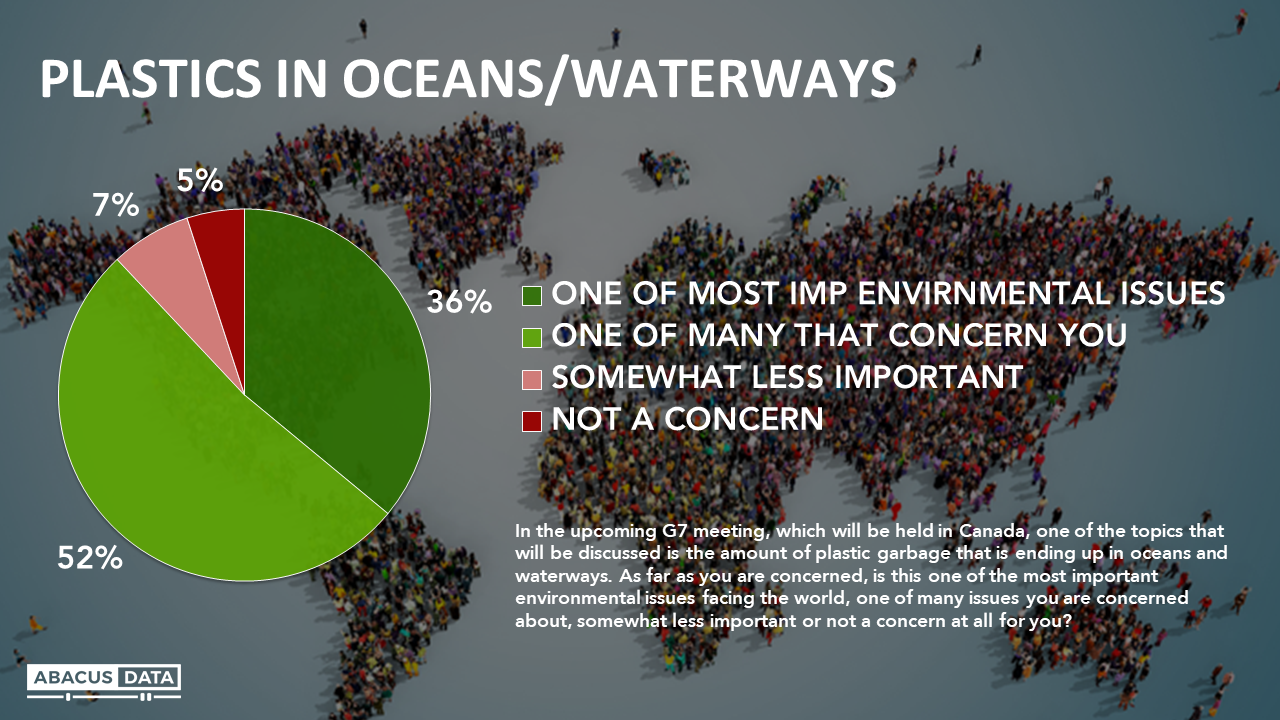
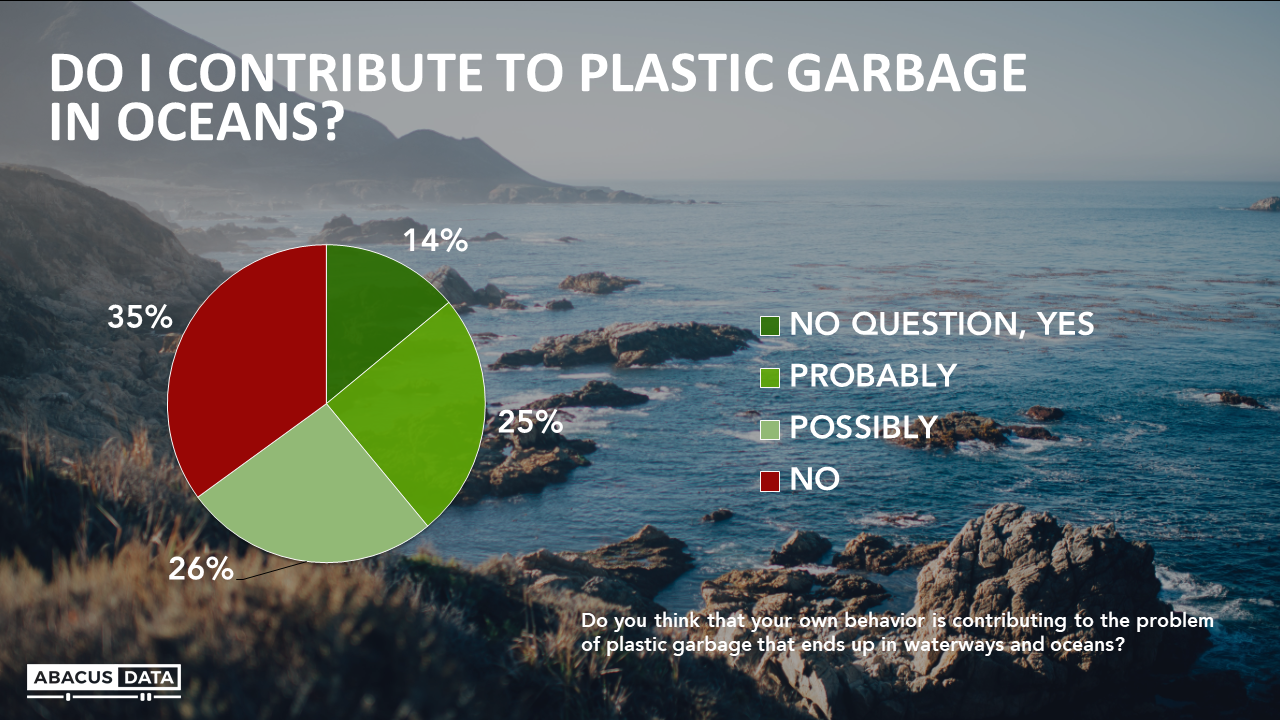
Asked about a range of possible steps that governments could take, very large majority want governments to encourage retailers, consumer products companies, and restaurant chains to make changes that reduce the amount of plastic that ends up in garbage. More than 90% also support public education campaigns and community clean ups.
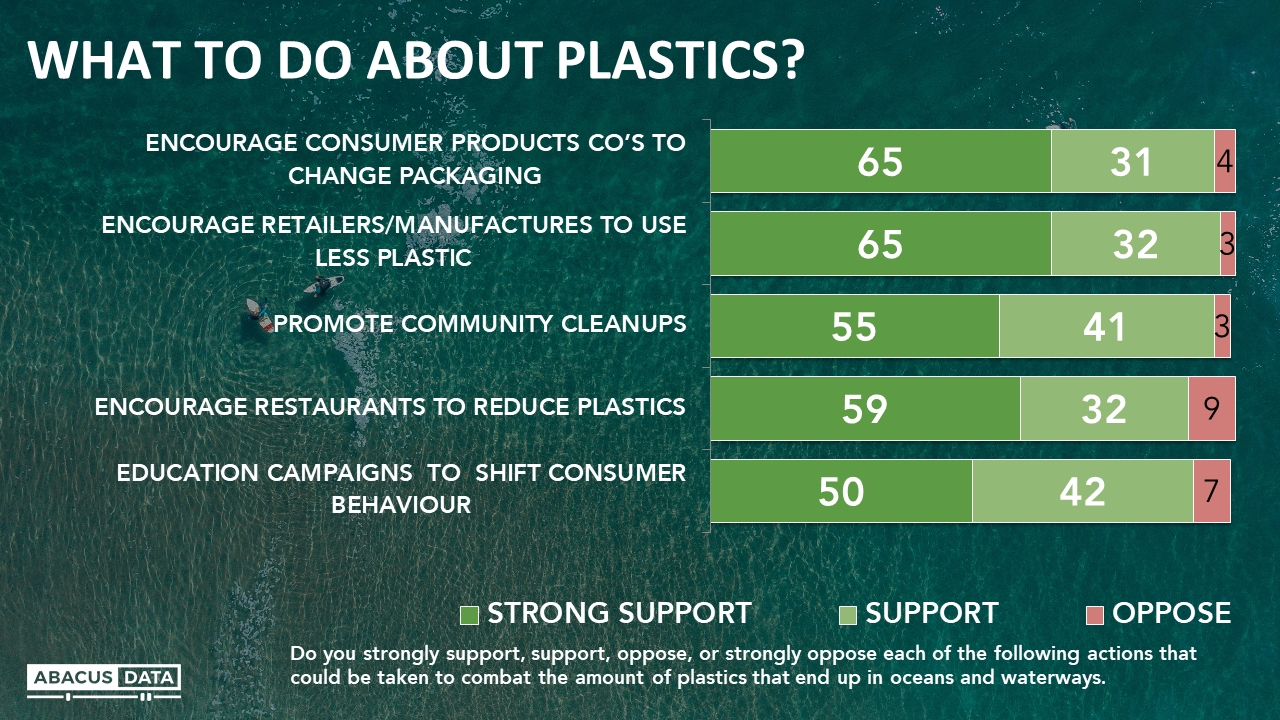
While people prefer to see voluntary actions by companies, our numbers reveal almost as many people would support regulations if necessary to accomplish more progress on this issue.

Interestingly differences on this issue are modest by region, gender and age.
While Conservative voters tend to be less likely to think they are part of the problem and slightly less supportive of all the policy actions tested, the vast majority of Conservatives nonetheless support all of the measures, including more than 70% who support regulating such changes.
THE UPSHOT
According to Bruce Anderson: As the G7 leaders meet in Charlevoix with the issue of ocean plastic garbage on their agenda, voters in Canada need no convincing that this is a problem to be dealt with. Voters here will welcome ambitious voluntary actions by companies, and will like to have opportunities to support companies that make a change for the better. But if it turns out that voluntary actions fail to make a difference, even Canadian conservatives would be open to regulated change.
METHODOLOGY
Our survey was conducted online with 1,200 Canadians aged 18 and over from May 24 to 28, 2018. A random sample of panelists was invited to complete the survey from randomly selected Canadian adults who are members of the online panel Maru Voice Canada.
The Marketing Research and Intelligence Association policy limits statements about margins of sampling error for most online surveys. The margin of error for a comparable probability-based random sample of the same size is +/- 2.9%, 19 times out of 20. The data were weighted according to census data to ensure that the sample matched Canada’s population according to age, gender, educational attainment, and region. Totals may not add up to 100 due to rounding.
Abacus Data Inc.
We offer global research capacity with a strong focus on customer service, attention to detail and value added insight. Our team combines the experience of our Chairman Bruce Anderson, one of Canada’s leading research executives for two decades, with the energy, creativity and research expertise of CEO David Coletto, PhD.

